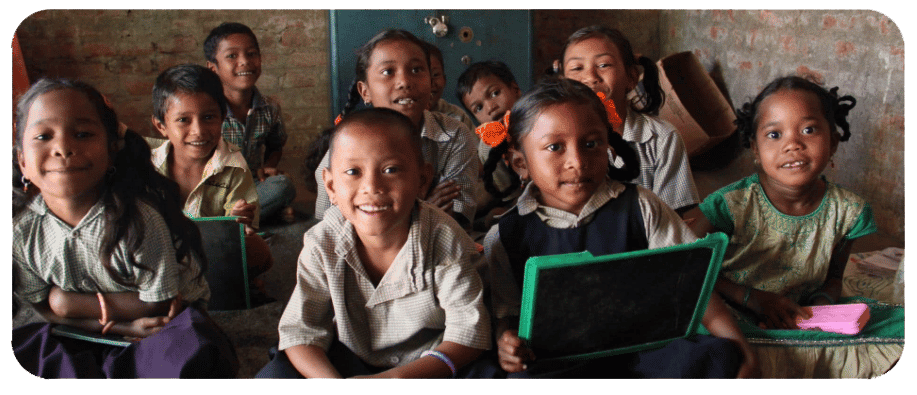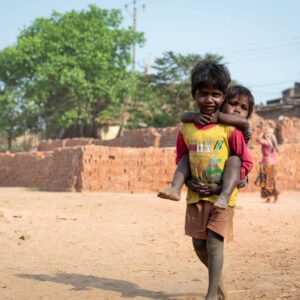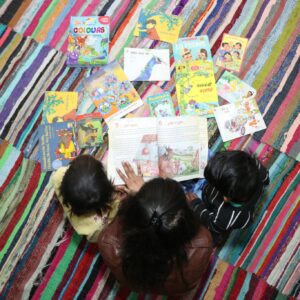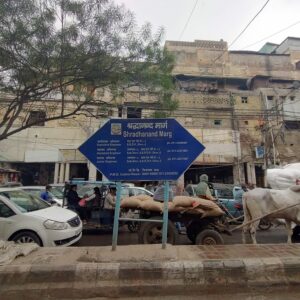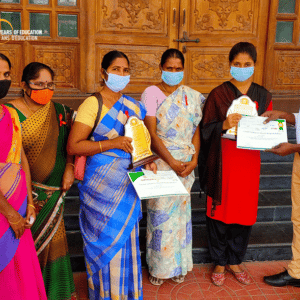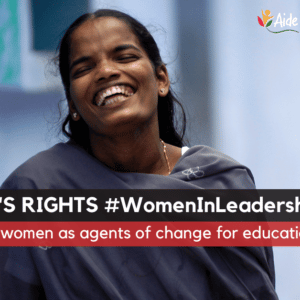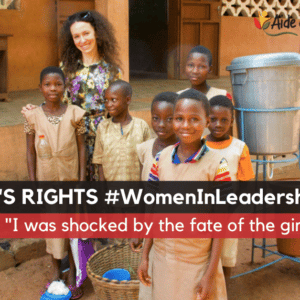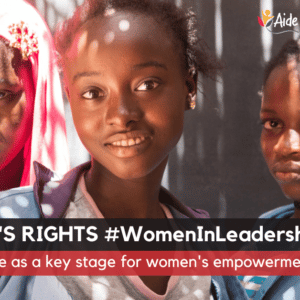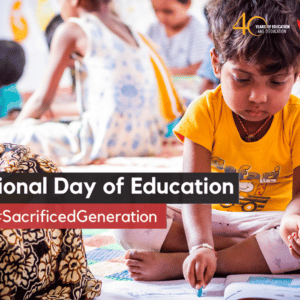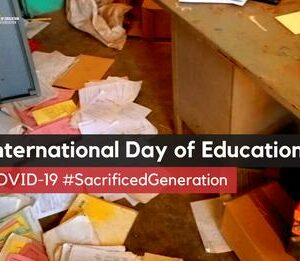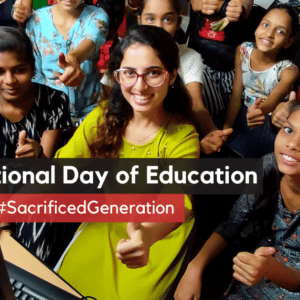The COVID-19 pandemic has worsened the economic situation of the most vulnerable. Thousands of children are forced to work to help their families meet their basic needs. Among them, migrants are the most at risk. On the occasion of International Migrants Day, December 18, Aide et Action is highlighting their fundamental rights and freedoms.
Education is one of the best bulwarks against poverty and forced child labor, especially for migrant children who are at high risk. This is why Aide et Action fights every day to support them and guarantee their right to education, like all other children in the world.
Children still too little considered a priority
In India, an estimated 100 million unorganized migrant workers move with their families from rural to urban areas in search of employment and livelihoods. Estimates suggest that migrant children constitute around 10 to 15 million of this total population. The country has a series of progressive laws to protect the rights of children; however, only 48% of Indian children benefit from this support.
A large part of those excluded from these basic services are migrant children because they are mobile. Their experience of poverty and vulnerability is multidimensional and differs from that of adults; it deserves specific consideration. Unfortunately, the Indian state considers that children under the age of six are low priority and that it is above all up to families to ensure their children’s development.
Support and inclusion
“On the construction site, I help my parents make bricks, in bright sunlight. I often get sick. I miss school and my friends. I would like to study and become a teacher for migrant children like me.” Sumitra, 13, Balangir region, India. To make Sumitra’s case increasingly rare, since 2009 Aide et Action has been actively working to implement the right to education for migrant children.
Our program, which primarily targets children in distress who work in brickyards and construction sites, consists of setting up centers dedicated to the care of early childhood, where we strive to provide reception service, as well as basic education. We promote children’s cognitive learning and physical growth through the development of appropriate materials and programs. Over the years, we have succeeded in ensuring that migrant children can return to school once they return to their villages of origin.
More than ever, our mobilization is essential since the number of children who risk having to work on construction sites with their parents has doubled since the COVID-19 crisis.


